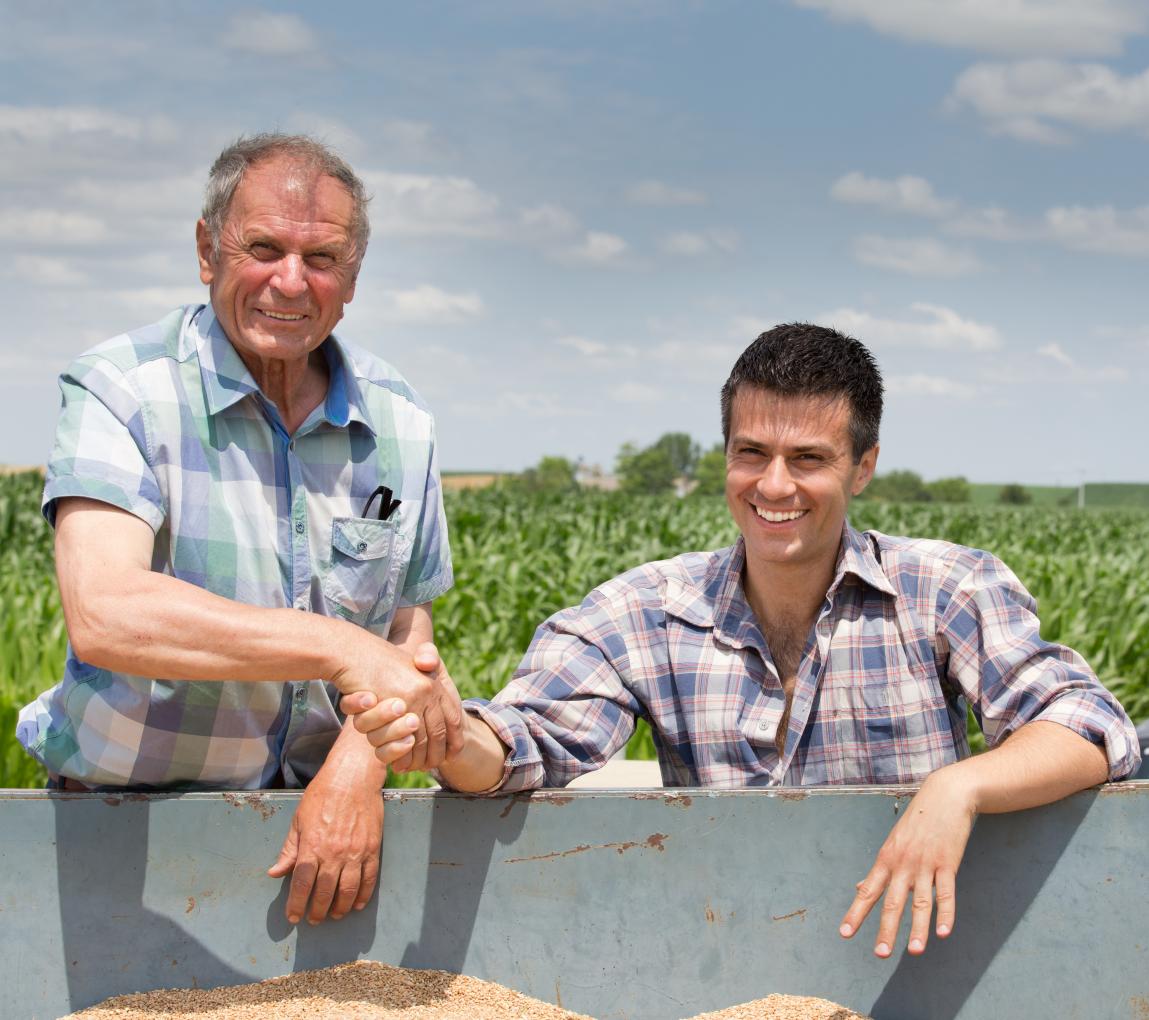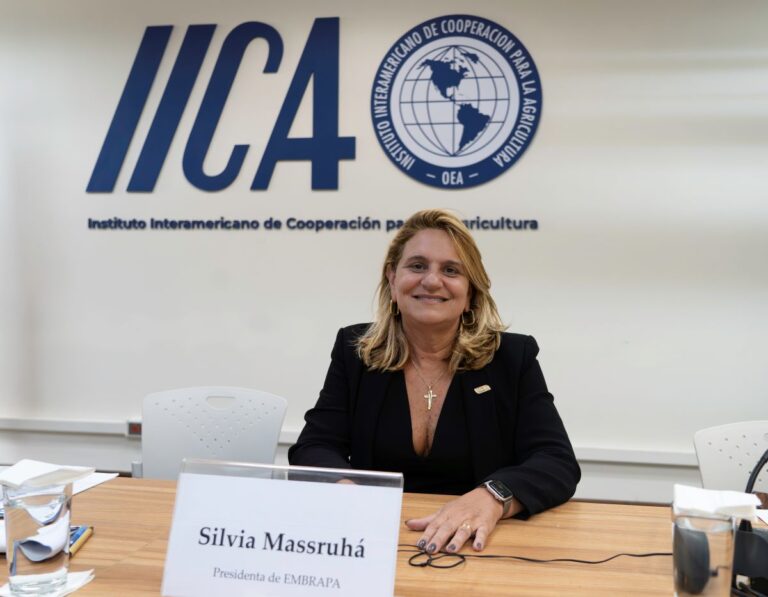Joint action through producers´ organizations, associations and cooperatives, is an alternative to help producers compete successfully in markets.

San Jose, Costa Rica. A new publication by the Inter-American Institute for Cooperation on Agriculture (IICA) presents the results of a study that examines the current status of the institutional framework that unpins associativity in the agricultural sector, as a mechanism for improving market integration of small and medium-scale producers.
The study, entitled Institutional framework supporting associativity in Latin America and the Caribbean, was prepared by the IICA Flagship Project on Competitiveness and Sustainability of Agricultural Chains, in partnership with Cooperatives of the Americas Region of the International Co-operative Alliance (ICA), and is available free of charge at: https://goo.gl/nUpXsm
The cooperative movement in Latin America has a long history and record of improving conditions for its members through solidarity, and more than 45% of the region’s food is produced by cooperatives.
The document, available in Spanish only, argues that associativity offers one of the best alternatives for the survival of small and medium-scale agribusinesses, which requires the design of collective strategies to overcome individual weaknesses and achieve higher levels of competitiveness.
The study covers 10 countries in LAC: Argentina, Costa Rica, El Salvador, Honduras, Peru, Panama, Paraguay, Trinidad and Tobago, Uruguay and Venezuela. It presents basic conceptual elements, describes the institutional context, summarizes the situation in each country and provides conclusions and recommendations.
This book seeks to contribute to efforts to strengthen associativity in order to help producers reduce their costs, take advantage of economies of scale, increase their incomes, improve their negotiating power, strengthen their presence in formal markets, increase production volumes and the homogeneity and quality of their products, and forge stronger links with the institutional framework that supports them.
More information:
James French, Lead Specialist of the Flagship Project on Agricultural Chains.
Marvin Blanco, Specialist in Agribusiness and Value Aggregation











